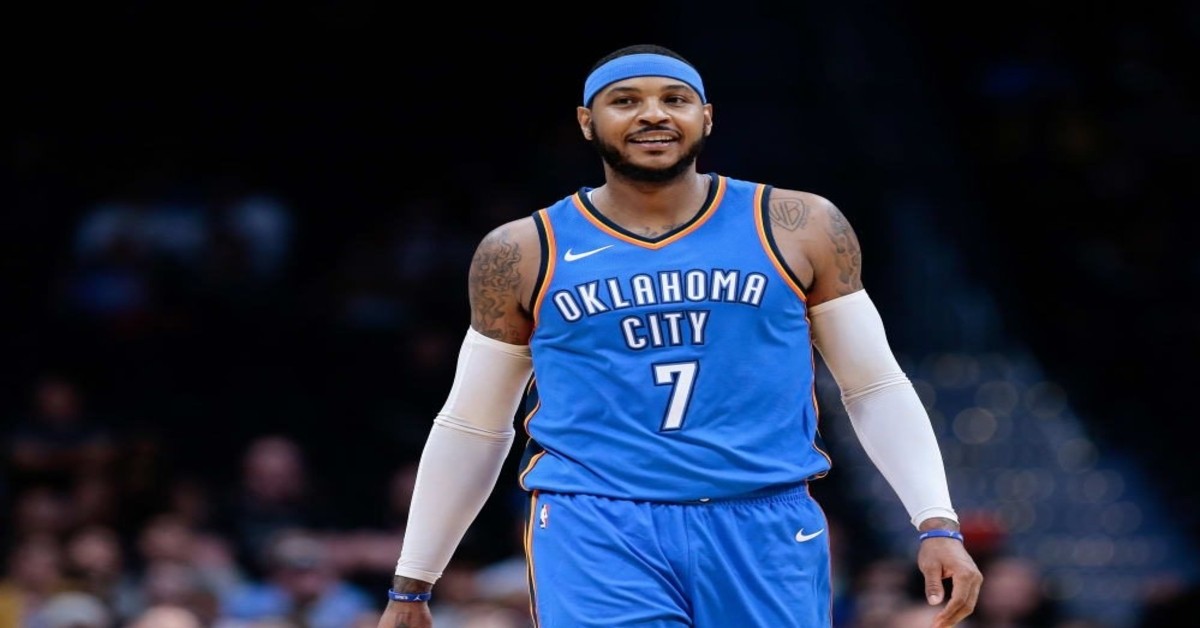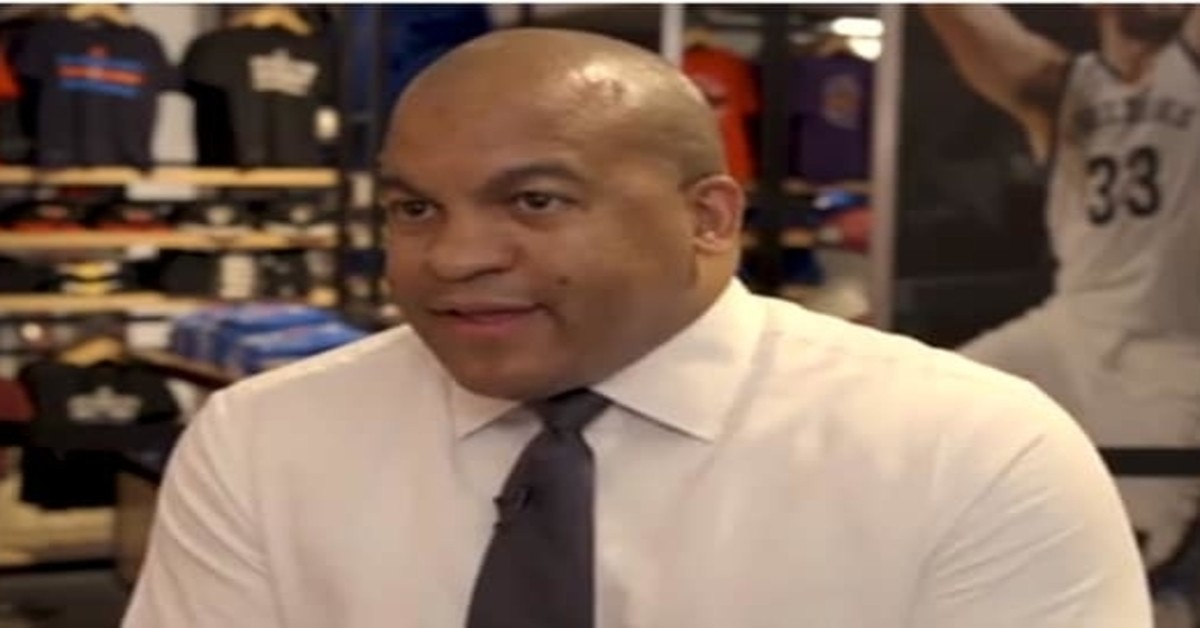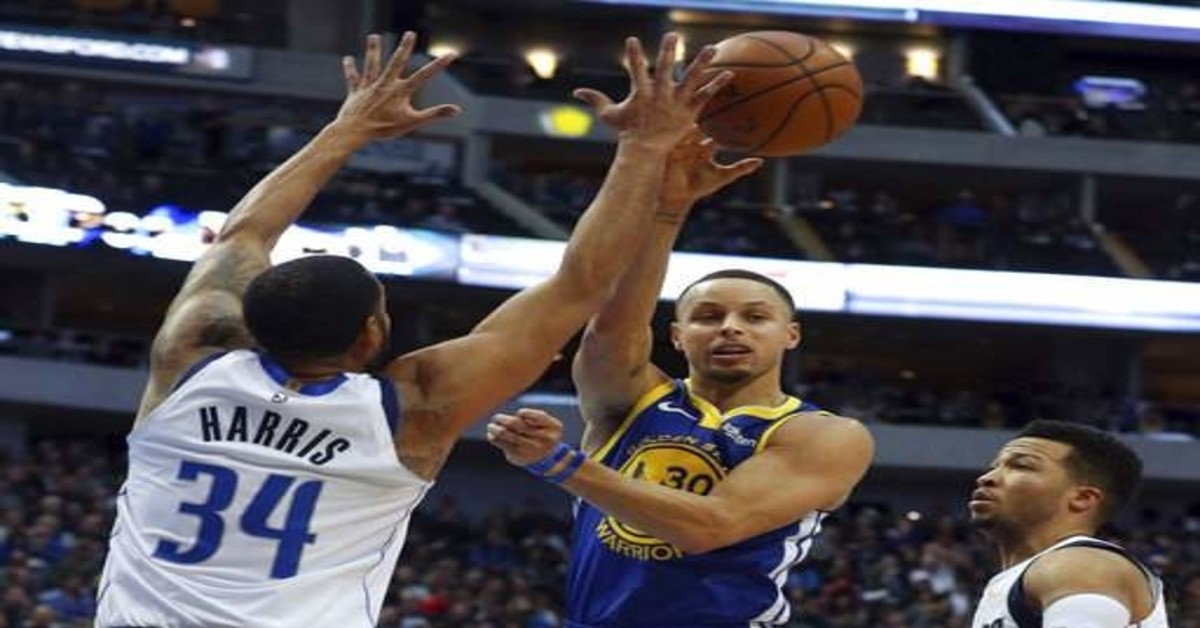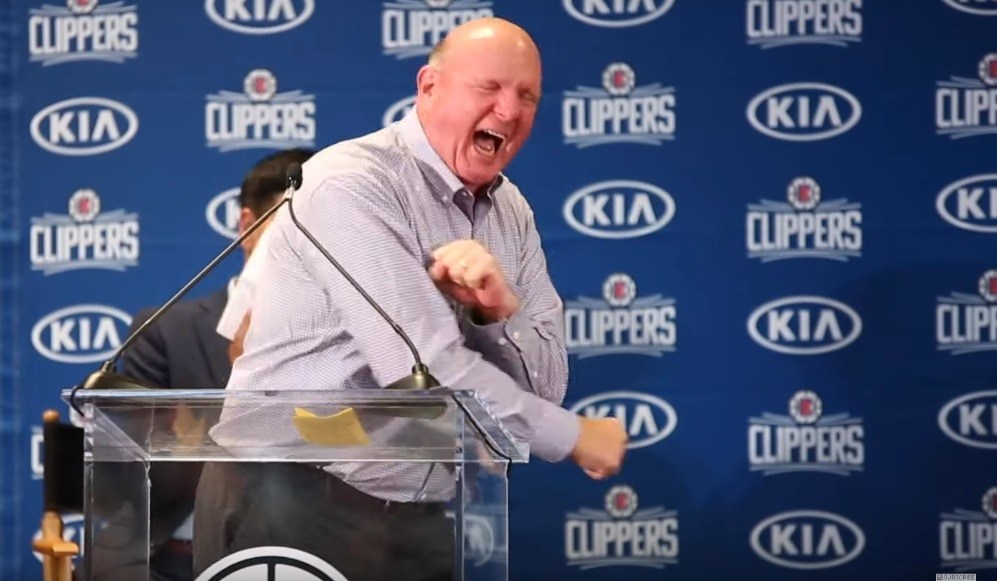If you read the headline, then you probably let out a big sigh of relief.
In what was the second worst-kept secret of the summer, Carmelo Anthony has verbally agreed to sign with the Houston Rockets, with an official signing pending.
Now, there are a lot of ways you can read into it, and you probably wouldn’t be wrong. However, because we’re in the business of analyzing moves like this, we’re going to break down the three biggest keys from this announcement. Because what good is it to have news if you can’t talk about it?
1) CARMELO HAS A DECISION TO MAKE
It’s no secret that Anthony still sees himself as a quality starter, even as he prepares to enter his 17th season in the NBA. And at the tender young age of 34, you would not be wrong to think he is capable of performing at a high level when necessary.
But in today’s NBA, where spacing and “three-and-D” players are considered the standard for any team, Anthony is like an antique in a high-end technology store. While his defense has never been among the best, it has gotten progressively worse over the last three seasons.
As a natural small forward, he also isn’t a great long-distance threat. His career three-point shooting is 34.7 percent, and last season set a career-high with 169. To compare, Stephen Curry of the Golden State Warriors, considered the best in the game if not all-time, made 212 three-pointers…in 27 fewer games (Anthony played in 78 games last season; Curry played in 51).
Anthony’s decision to sign with Houston isn’t very hard to decipher: he’s all in to win right now. And Houston gives him the chance to do so: they finished with the league’s best record (65-17) and came within a game of making it to the NBA Finals. The problem with his decision is this the very thought process that brought him there: where is he going to fit in?
Houston already has their “three-and-D” small forward in P.J. Tucker, and while he’s not Melo as far as star power goes, he has proven his worth on this Rockets team. And then there’s power forward Ryan Anderson…
2) WILL CARMELO BECOME A POWER FORWARD?
In 2016, the Rockets signed Anderson to a four-year, $80 million deal that was back-loaded. And now, after paying big money to bring back franchise pillars Clint Capela and Chris Paul, the Rockets are a little strapped financially.
Even though Anthony would only sign for the veteran’s minimum, there’s a matter of where he starts (if he starts). Ultimately, all signs point to Carmelo starting at the four spot, where he has started before, but more out of necessity than a willingness to do so.
But, Melo doesn’t really have much choice: either start at power forward or come off the bench.
This is where Anderson’s status comes in. With a total cap hit of $41.7 million for the next two seasons, Houston would love nothing more than to get out underneath that contract. And according to Sam Amick of Yahoo Sports, they are reportedly talking with the Atlanta Hawks to make it a reality.
The problem with moving Anderson is that you end up with Anthony playing out of position and a rookie second-rounder, Vincent Edwards, as his backup. Allowing Trevor Ariza and Luc Mbah a Moute to walk away without any compensation was a bold move, but may have also been the craziest, as now they don’t have enough depth at the power forward spot in the event either Anthony or Edwards gets hurt.
Another thing you have to worry about: the possibility that Anderson stays. Anderson’s contract has been a turn-off for most teams, and the teams that are in serious consideration (Atlanta, Miami, and Sacramento) don’t offer a lot that makes Houston better. So then that leads to a potential buyout, but that isn’t always a sure thing.
Therefore, the question at hand is this: are you going to seriously pay Ryan Anderson $20 million to sit on the bench? That isn’t justifiable even by the craziest of standards, which then leads to Anthony coming off the bench…which he has already stated he wouldn’t do.
3) DOES THIS ACTUALLY MAKE HOUSTON BETTER?
This question may be the most important of all related questions regarding the Rockets.
You’ll probably read this and be like, “how can you ask this question? Of course, adding Carmelo Anthony makes the Rockets better”. I have your answer right here.
One, it’s not often that teams improve on a 65-win season, especially an iso-heavy team like the Rockets. You saw that in the Western Conference Finals against Golden State when Chris Paul went down with a hamstring injury; there was no ball movement and as a result, they suffered.
That definitely isn’t going to change much by adding Anthony (1.3 assists a game last season; don’t blame it on the fact that he was on an Oklahoma City team with Russell Westbrook).
Two, you are adding Melo to a team that is already somewhat ancient in current NBA terms. Both Chris Paul and P.J. Tucker are 33 years old, Melo is 34, Gerald Green is 32, Nene Hilario is 35 and Joe Johnson is 37. Granted, Green is coming off the bench (barring an injury to Paul, which happens more often than not) and Hilario and Johnson most likely won’t see a lot of minutes.
But as it currently stands, with the way that head coach Mike D’Antoni likes to play, the team’s depth isn’t currently built to withstand the punishment that the body takes going full speed all the time. Let’s say Melo and Paul get hurt at the same time. Are you going to ask James Harden, for a second straight year, to try and lead the Rockets through a Western Conference that has only gotten tougher in the last couple of months?
4) How much will Anthony contribute?
This last point is the most important: can you trust Anthony to be a serious contributor come playoff time? Last season, against a Utah Jazz team that they had no business losing to the Oklahoma City Thunder, showed just how much they felt he could contribute: a career-low 12 shot attempts per game, including an appalling seven attempts in their elimination game.
Here was his final stat line for that fateful game: 7 pts (3-7 FG, 1-2 FT), 3 Reb, 0 Ast, 2 fouls in 26 minutes.
This is where people will start bringing up his career playoff averages, and this where I say none of that matters at this point in his career. The Rockets should have been the sure-fire number one threat to the Warriors this season, and now that could honestly be in jeopardy. Oklahoma City kept Paul George and by letting go of Anthony, they won by virtue of addition by subtraction.
The Lakers added LeBron James and stocked up on a group of wily veterans to add to their current youth movement of Lonzo Ball, Brandon Ingram, and Kyle Kuzma. Then, you have the Warriors, who only added the second-best center in the game in DeMarcus Cousins.
Now, granted, Anthony will help from a scoring perspective. But by allowing Ariza to walk (despite his horrendous WCF Game Seven performance) robs them of a timely shot-maker as well as a quality defender.
And by Golden State adding Cousins, that essentially neutralizes the threat of Clint Capela, because now they have a guy who can stand toe-to-toe both offensively and defensively in the paint. If anything, Houston becomes the victim of subtraction by addition.
Time will tell if adding Carmelo Anthony will make the Houston Rockets better. But for the time being, all signs are pointing to potential turmoil in the Magnolia City.




